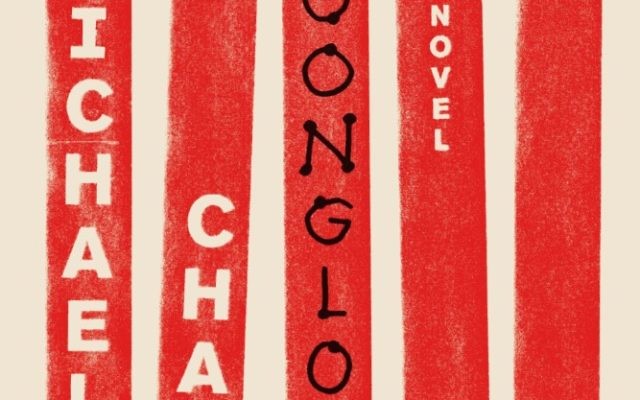Curiosity Thrills in Chabon’s Family Fiction
By Josh Jacobs
Michael Chabon’s latest book, “Moonglow,” self-identifies as a novel, but I think if my 9-year-old self read it, he would scoff. Told in the first person by a narrator who is a proxy for Chabon himself, “Moonglow” reads like a memoir.
As I read on, I found myself pausing, trying to remember whether this was a memoir and I had misread the cover. Yet there’s a magic in the pages, something transfixing and figurative that doesn’t fit the mold of a memoir.
“Moonglow” follows the narrator as he unravels his enigmatic grandfather’s history, through death-bed investigations and glimmering speculation.
The grandfather began as a troubled boy raised in the Jewish sectors of southern Philadelphia, where as a toddler he dropped a kitten from a three-story window. When the narrator questions his motives, the grandfather answers, “Curiosity.”
This curiosity, whether manifesting in violent unrest or fierce loyalty, drives the grandfather’s character throughout his life, through college and World War II, to loving a woman and all her demons and to the family he finds himself leading.
There’s an ever-present curiosity in memoir, something separating it from biographical texts, that’s simultaneously pure and sinister. We say we write histories of our loved ones to preserve their memory and honor their personhood, but we’re also searching for ourselves in their stories.
Humanity craves to know why we are the way we are, to understand why our grandfathers spent 22 months in prison and why our mother was never the same after going to live with her uncle. We project symbolism onto other people to satisfy our own curiosity, even when there’s nothing to be found.
Sometime between 1989, when cancer took his grandfather, and 2016, Chabon discovered how impossible it is to remove one’s self from the narrative of memoir, how entangled artists are with their subjects.
What sets “Moonglow” apart from the rest of Chabon’s oeuvre, and wherein lies the soul of the text, is its generic cross-section of memoir and fiction. Instead of fighting against the sinister, speculative curiosity that consumes the narrator’s thoughts, he embraces it and allows the creativity to flow. His hybrid experiment manifests the curiosity that drives his grandfather’s soul into an enlightening, gripping history of a patriarch and his legacy.
Chabon has always been one of my favorite authors, and even though the form of “Moonglow” is a sharp turn from his normal style, his mellifluous prose captivates you and forces you to keep reading. By writing in the first person, he allows his narrator to wonder and wander within his grandfather’s history.
Chabon immerses the reader into the novel, wholly integrating the reader as part of the novel’s conflict, creating one of the most satisfying reads of 2016 with infinite pockets of soul between every word. It’s his most personal novel yet, which is a bold decision that pays off with every turn of the page.





comments